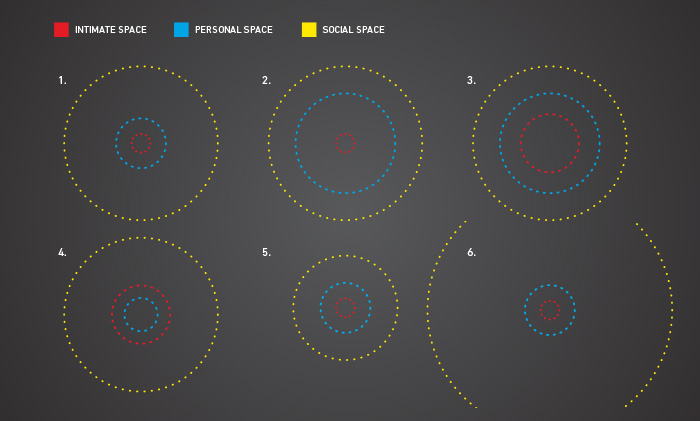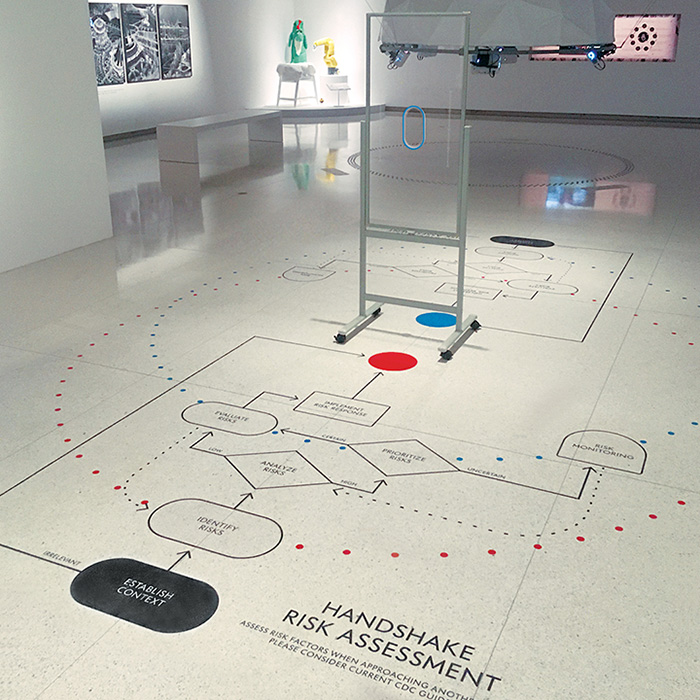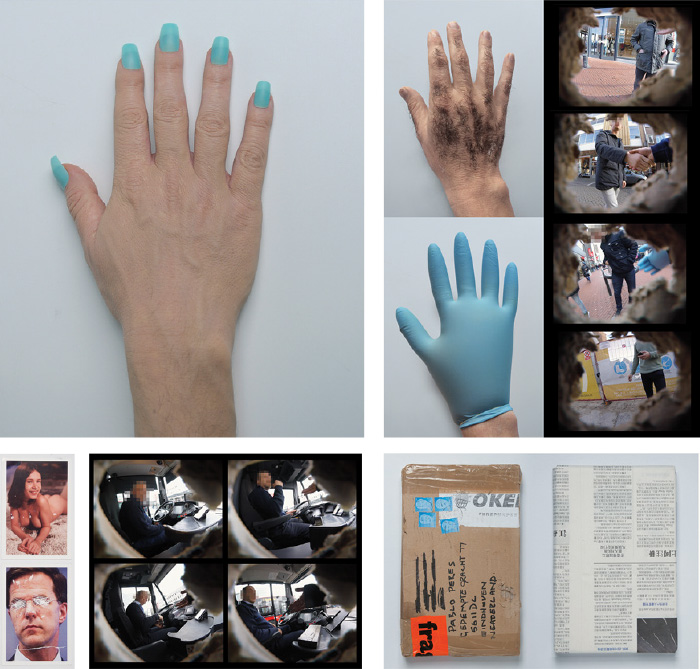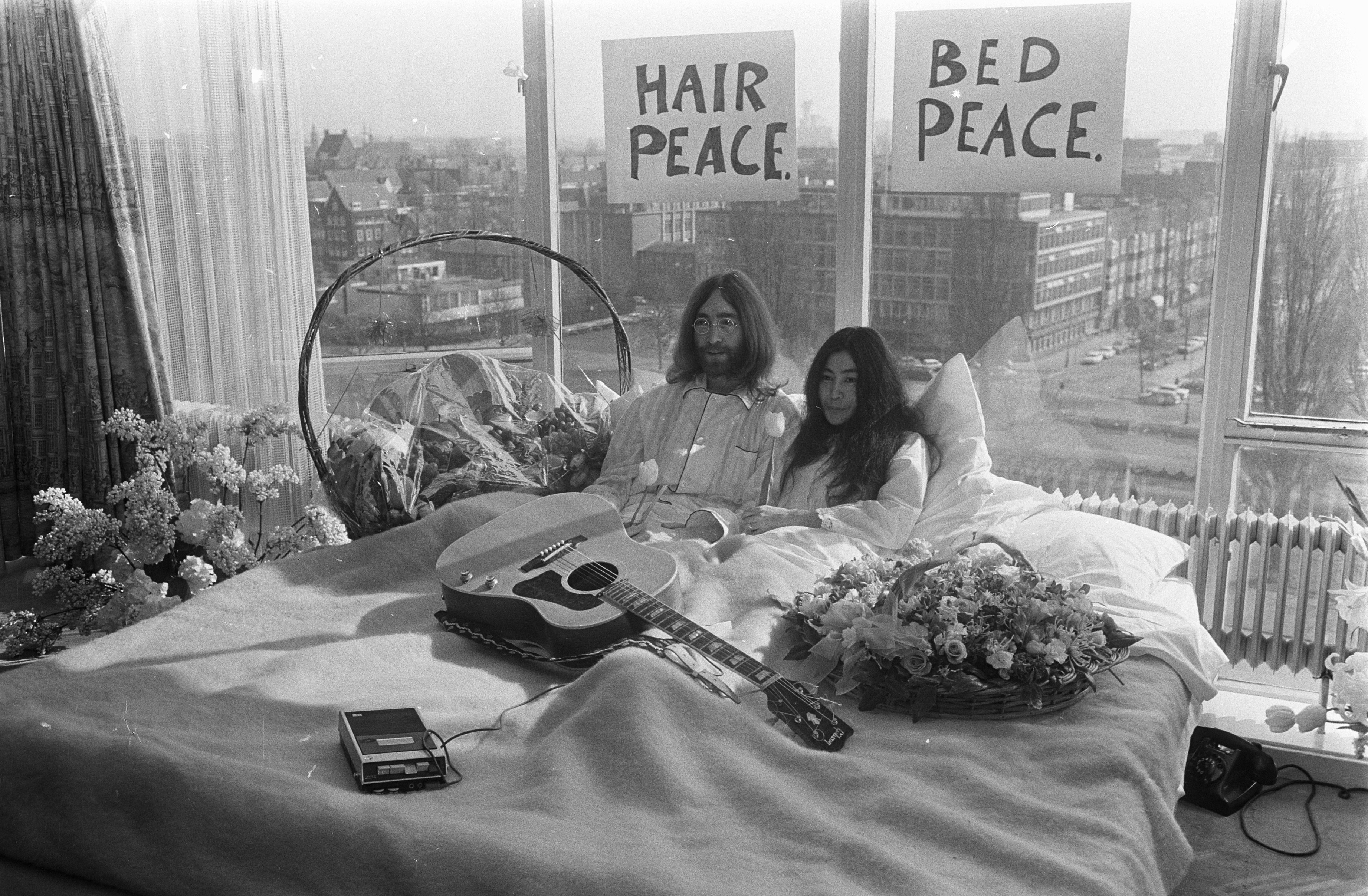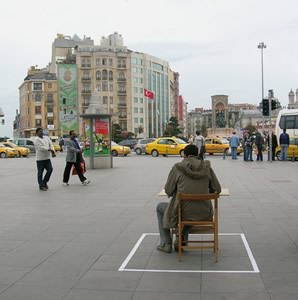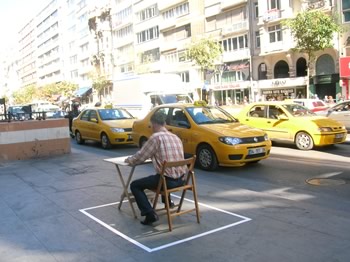Take a look at this snippet from Anglo-Saxon-language Legends of St. Andrew and St. Veronica—apocryphal tales of the apostles/saints which became popular
in Anglo-Saxon England in the 10th century A.D.

Translation into Modern English: […]and some were pierced through with a spear, and some were sold into slavery, and some they were hacked into four parts[…]
In the snippet above, we see the ancestor of the verb “to hack” (highlighted) in a passage where the Roman army, under orders from Titus and Vespasian Christian/Jewish
citizens of Judea tortured, killed and also sold into slavery. Astoundingly enough, linguistic research shows that the to hack verb comes from the same place as the word hook—
unsurprising when you consider what many Iron Age axes looked like. To be clear, to hack verb harkens back to hook/hack, noun not the other way around.
Verbs (and adjectives) also are ambiguous Hacking with a hatchet conjures images of violence and brutality. Yet, to hack verb, the “active form”
also displays the ambiguity of meaning shown by hacker noun, the state form. We have already alluded to a possible reason for this verbal ambiguity:
destruction, or in this case hacking can be used for good or bad.
Hacking in the Modern Day
Today we have a number of tech words that all come from the same root, but tend to be interpreted rather differently depending on context and speaker’s point-of-view.
Hack (coder), n./adj. — bad
Hacker, n. –good or bad
To hack (code), v. — ambiguously good or bad
Hacked (code), adj. — ambiguously good or bad
Hacky (code), adj. — usually bad
